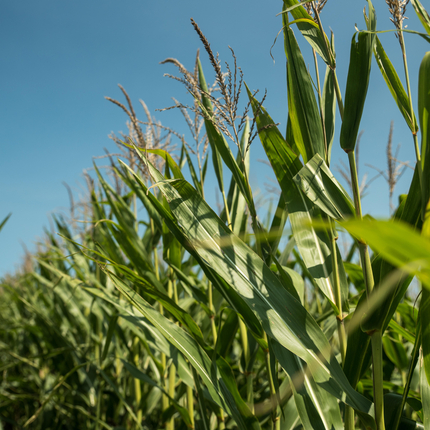Before long, harvest will be upon us. For farmers across the region, this year has been marked by weather events and strains, including drought. Despite their hard work, some farmers may see a decrease in their yields due to these conditions. If this is the case, they may need to rely on their crop insurance to account for the loss.
According to the U.S. Drought Monitor:
- The entirety of Nebraska has been in a drought, with more than 80% of the state classified as severe and more than half classified as extreme.
- More than 90% of Iowa has been in a drought, with two-thirds of the state classified as moderate to severe.
- More than 97% of South Dakota has been in a drought, with nearly 20% of the state classified as severe.
- More than 70% of Minnesota has been in a drought, with nearly half of the state classified as moderate to severe.
The continued heat and lack of rain can endanger the livelihoods of farmers, making risk management tools like crop insurance a necessity.
Administered by the U.S. Department of Agriculture’s Risk Management Agency, crop insurance programs—available for more than 100 commodity and specialty crops—offer protection for crop, livestock, or revenue loss. Prior to planting, farmers can work with crop insurance agents to choose coverage that best suits their operation, with policies available to cover from 50 to 100% of their expected crop value.
If yields are low—from events such as drought, flooding, frost, or wind—crop insurance will guarantee income. Some policies also protect against market fluctuations, which pose their own risk to farming operations.
To help farmers better understand their options, the Center for Rural Affairs has released a new educational resource. Crop Insurance 101 can be downloaded at cfra.org/publications. The resource is especially helpful for beginning farmers and those operating small or specialty farms. Producers with questions are welcome to contact me at [email protected].
No farmer wants to face drought, especially year after year, but crop insurance can help ease that burden by protecting the finances of their operation.





